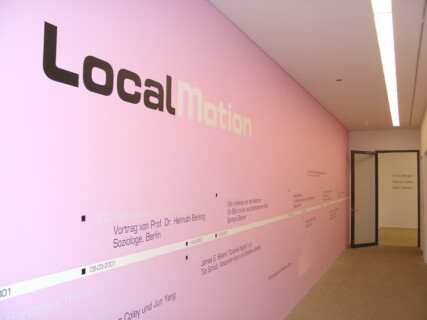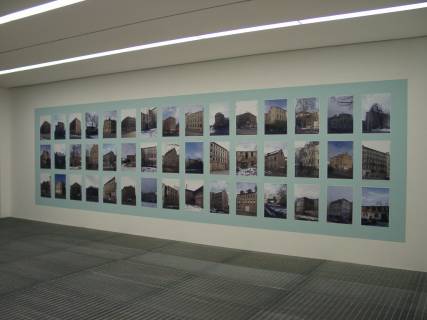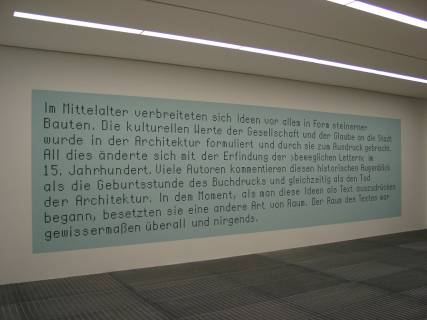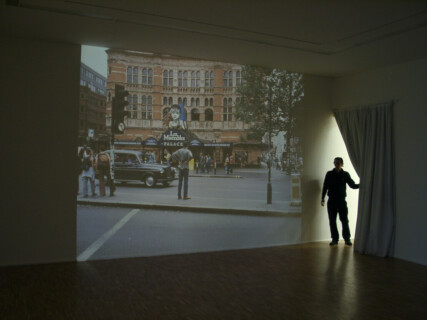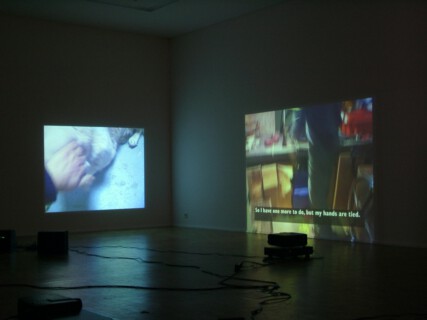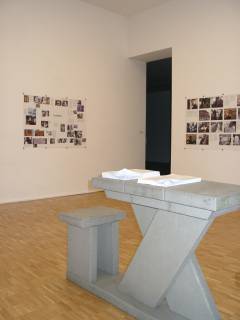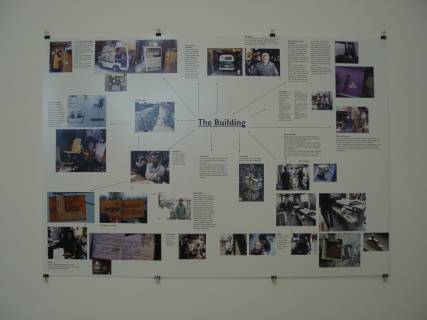MacDonaldised?
Globalisation. Scarcely any other term symbolises more cogently the social changes that have been taking place over recent decades. Scarcely any other concept serves visionaries, cultural critics and reactionaries alike as a screen onto which to project their apparitions of the future. Popular metaphors such as “MacDonald’s” and “Madonna”, “cyberspace” and “e-commerce” embody both our fears and our utopias. They reveal globalisation as a dynamic process of deborderisation which affects all areas of life, over-coming physical spaces and bodies, levelling cultural differences, making goods and markets, identities and individuals accessible any time, anywhere. But we are only slowly becoming aware that this dynamic process is also taking place in the local dimensions of our daily lives, permanently altering our understanding of the nature of locality.
Locally active?
The meaning and the role of ‘the local’ are undergoing change. Globalisation is not something happening “out there”. Globalisation is happening “right here”. This process is demonstrated in the works of a number of artists who in recent years have directly or implicitly been participating in an ongoing discourse on the nature of locality. The questions they deal with coincide with similar ones articulated by a growing number of university research programs, scientific studies, and political and business initiatives. All these approaches have in common that they understand locality as a performative category.
Do the local?
Every day we produce locality by creating personal networks that form the basis of our political, social and spatial activity. In each case local conditions deter-mine the significance of the global for our own reality – the global sets its mark on locality and vice versa. The logic of this process implies a new concept of space as something relational, no longer a physical given but a construct created by social participants.
Local time in the GfZK?
“LocalMotion” asks what role we should assign to locality in today’s globalised society, and what per-spectives for action such a role opens up – beyond those offered by regional and national ideologies.
On the upper floor of the gallery, Frank Berger, Nathan Coley and Gitte Villesen present three artistic perspectives that thematise locality as a social space, as a factor in identity construction, and as a domain of action and communication. A program that includes artist talks, discussions, guided tours and lectures – taking place both within the gallery and outside – will highlight the relevance of this theme to what is currently going on in business, politics and the social sciences.
